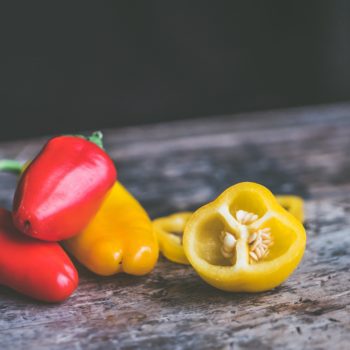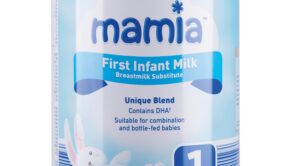Supermarkets confirm fruit and veg shortages

Wholesalers report 300% increase in the cost of basic items like peppers
23 February 2023
A number of retailers in Ireland, including SuperValu, Tesco and Lidl, have confirmed their supply chains have been affected by the below freezing weather in countries like Spain.
As a result, stocks are low on fruit and vegetables, including peppers, tomatoes, cucumbers and even strawberries and raspberries.
In recent weeks, Spain has seen weather drop to below freezing in recent weeks, while Morocco has also been hit with bad weather conditions for growing crops with issues such as storms and flooding.
Tesco Ireland told RTE News that they are experiencing “temporary availability issues of tomatoes, peppers, cucumbers and some salad products”. Both Lidl and SuperValu said they are engaging with suppliers in an attempt to replenish stock.
Meanwhile, in the UK, Tesco became the latest supermarket giant to join both Asda and Morrisons in limiting sales of certain fruit and vegetables. Tesco, Britain’s biggest supermarket, introduced a cap of three items per customer on tomatoes, peppers and cucumbers.
The situation has arisen as during the winter months, the UK imports around 95% of its tomatoes and 90% of its lettuces, most of it from Spain and north Africa.
Justin Leonard, managing director of Jackie Leonard and Sons, a wholesale fruit and vegetable supplier in Dublin told the RTÉ Radio News at One that Spain has experienced “16 consecutive nights of below freezing temperatures over the last three weeks”.
He added that the problem is “going to continue to go on for another two to three weeks, if not longer, because unfortunately we are also coming towards the end of the Spanish season”.
“In the winter months the bulk of all the produce we would eat in Europe would come from Spain and in the summer months the produce would come from Holland, the UK and ourselves Irish, or local produce, as we call it,” he explained.
“The Spanish season would generally end around the end of March,” Leonard added. “And the Dutch season would start in early April coming in to May. But unfortunately this year due to the energy crisis the Dutch growers are unfortunately not heating their glass houses earlier than they would in order to get their product to market quicker. It is just simply not viable to do so.”
Impacted items include broccoli, cauliflower, lettuce, tomatoes, cucumbers, peppers, aubergines and courgettes.
“Where product is available, the quantities required to keep everybody happy are just not there. As a result we have seen a nearly 300% increase in the cost of basic items like peppers. And that goes all the way down to the consumer, your local restaurant, cafe, supermarket, your local corner shop or greengrocer.”
Irish winter vegetables are also more scarce this year because of poor weather conditions, where “prior to Christmas, we had about nine days consecutive days of temperatures from zero to minus five degrees”.
Justin Leonard explained that our “own product: the likes of celery, carrots and cabbage they weren’t growing. Also, because of the extremely dry and hot summer we had last year, yields are down.
“So we are down about 30% on potato crops, we are down between 25 and 30% on carrot crops. So in turn we don’t have our own produce to fall back on.”



 Print
Print






Fans 0
Followers